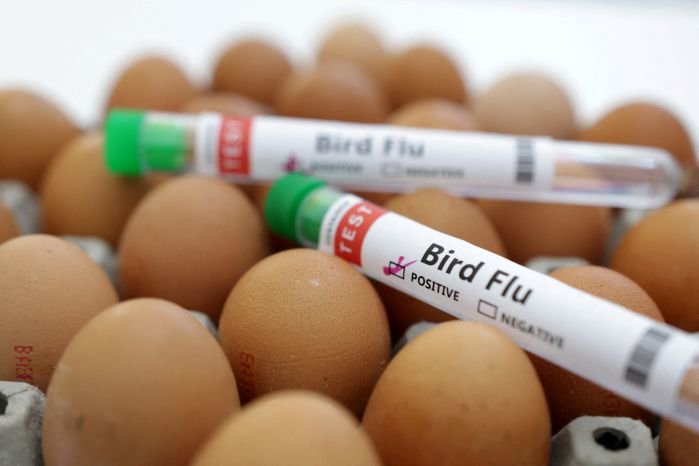Public health experts are warning that the threat from the highly pathogenic H5N1 avian influenza virus, commonly known as bird flu, remains serious despite only occasionally infecting humans so far. While outbreaks continue to affect poultry around the world, the virus has not yet acquired the mutations needed to easily spread between people.

According to the World Health Organization (WHO), there have been over 860 human cases and 456 deaths reported since 2003 from direct contact with infected birds. However, sustained human-to-human transmission has not been detected. Researchers analyzed samples of the virus and found it currently lacks the ability to efficiently bind to receptors in the human nose, throat and lungs.
“We are still dealing with a virus that requires close and prolonged contact with infected poultry to pass to humans,” said Dr. Sylvie Briand, WHO director of Global Infectious Hazard Preparedness. “It would take the virus accumulating multiple point mutations in the right places for it to adapt to spreading more easily amongst people. That remains a concerning possibility if we don’t curb infections in bird populations.”
Experts estimate H5N1 is currently “several mutations” away from gaining attributes needed for pandemic potential. Ongoing surveillance of avian, swine and human strains aims to monitor any genetic changes that could signal rising risk. In the meantime, health agencies stress the importance of strict biosecurity for poultry operations, safe handling of live birds, and prompt reporting of potential exposures. Vaccination of commercial flocks also helps interrupt transmission cycles.
While another wave of H5N1 in birds may not immediately lead to a human pandemic, virologists warn the longer the virus circulates, the higher chance it has to evolve new properties through genetic shuffling. As a precaution, researchers are pursuing universal flu vaccines and antiviral treatments that could counter multiple influenza subtypes if a global health emergency were to arise. Heightened pandemic preparedness remains crucial.










Discussion about this post